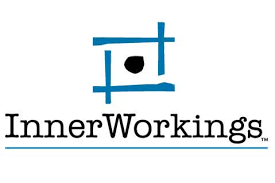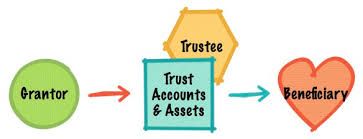Advance Health Care Directive
Sometimes called Living Will

A difficult situation occurs when a person is terminally ill, will likely die in a short period of time and must rely on machines to live. A decision must be made whether to try to maintain life artificially by use of a respirator and hydration and feeding tubes. If the family is not in agreement and no one has authority to make a decision, it creates great stress within the family and can cause lifelong wounds. This situation can be avoided if the person has signed an Advance Health Care Directive (“AHCD”). An AHCD is a written statement from the person indicating his or her choice of whether or not to be kept alive under these circumstances. This is a needed tool in estate planning.
An AHCD consists of three main parts. The form is a statutory form that if properly completed will be accepted by hospitals and medical providers. The first part consists of naming an agent. The agent may be a spouse, adult child or friend. Successor agents should also be named in the order they are to serve. The agent does not make the decision, but conveys the person’s decision to the medical provider as set out below.
The second part consists of instructions for health care and includes choosing whether to be kept alive by artificial means when the medical treatment team has determined one of the following situations applies: (1) there is an incurable and irreversible condition that will result in death within a relatively short time; OR (2) the patient is unconscious and to a reasonable degree of medical certainty will not regain consciousness; OR (3) the likely risks and burdens of treatment would outweigh the expected benefits. Acting alone, the medical team cannot introduce artificial assistance nor discontinue it. The Agent is to communicate the wishes of the patient as indicated on the AHCD. Please note that this is a drastic action and is not used when the patient is expected to recover.
Also, instructions are included in this section that pain medication must be administered to relieve pain even if the medication may shorten the patient’s life.
The third part deals with selecting a primary physician to oversee the patient’s case. This is optional and is generally not recommended due to the various illnesses and situations that can cause death and the number of doctors treating a terminally ill patient. The chosen doctor may not specialize in the illness that the patient is experiencing, or the doctor may have moved or retired since the AHCD was signed.
An AHCD should be signed by the person and the signature either notarized or witnessed by two independent witnesses. Upon completing the AHCD, it is strongly suggested that copies be provided to your agents and medical providers.
This document is not filed of record in the courthouse. Many attorneys practicing elder law, including this firm, do not charge for preparation of these documents.












